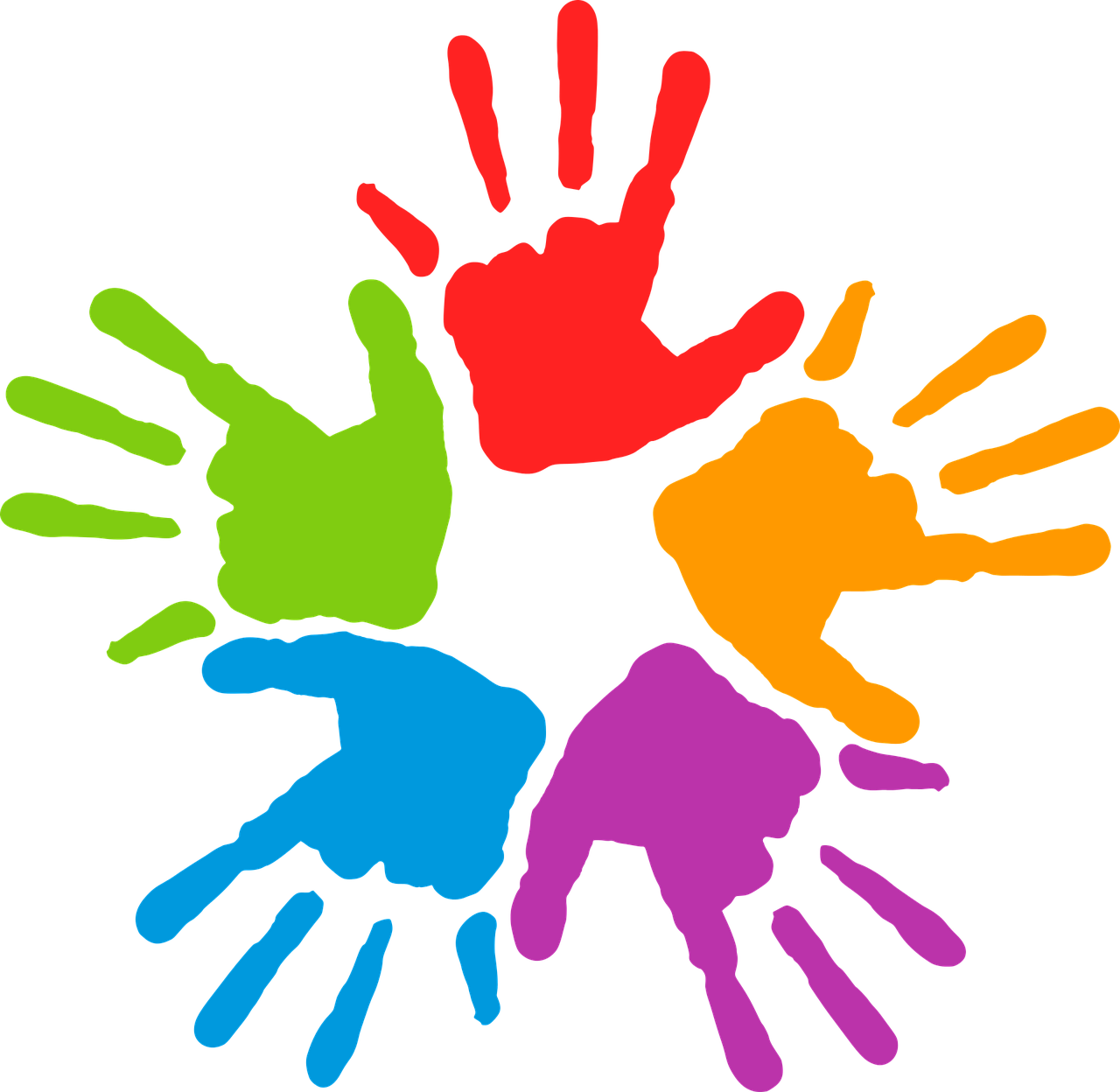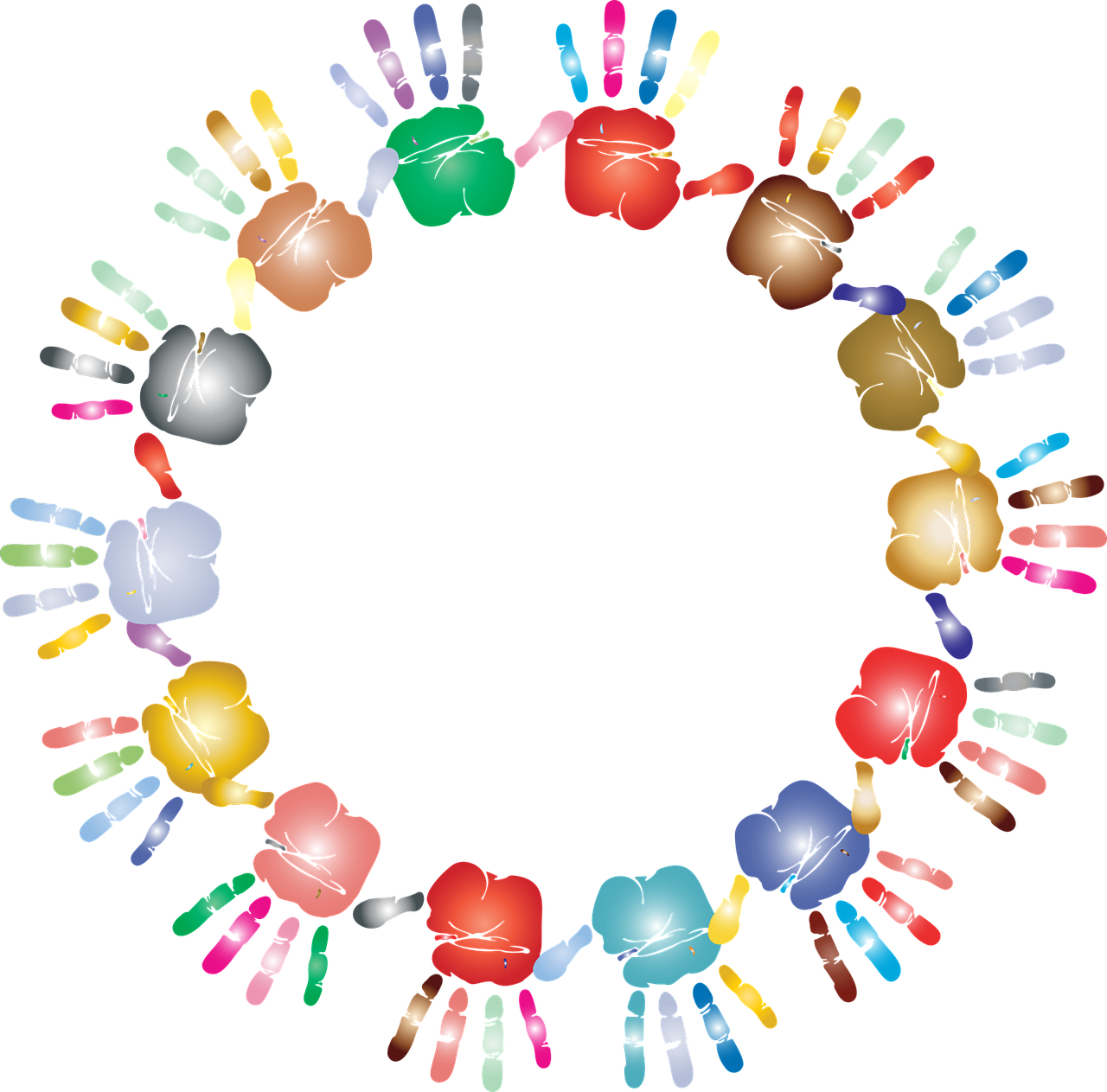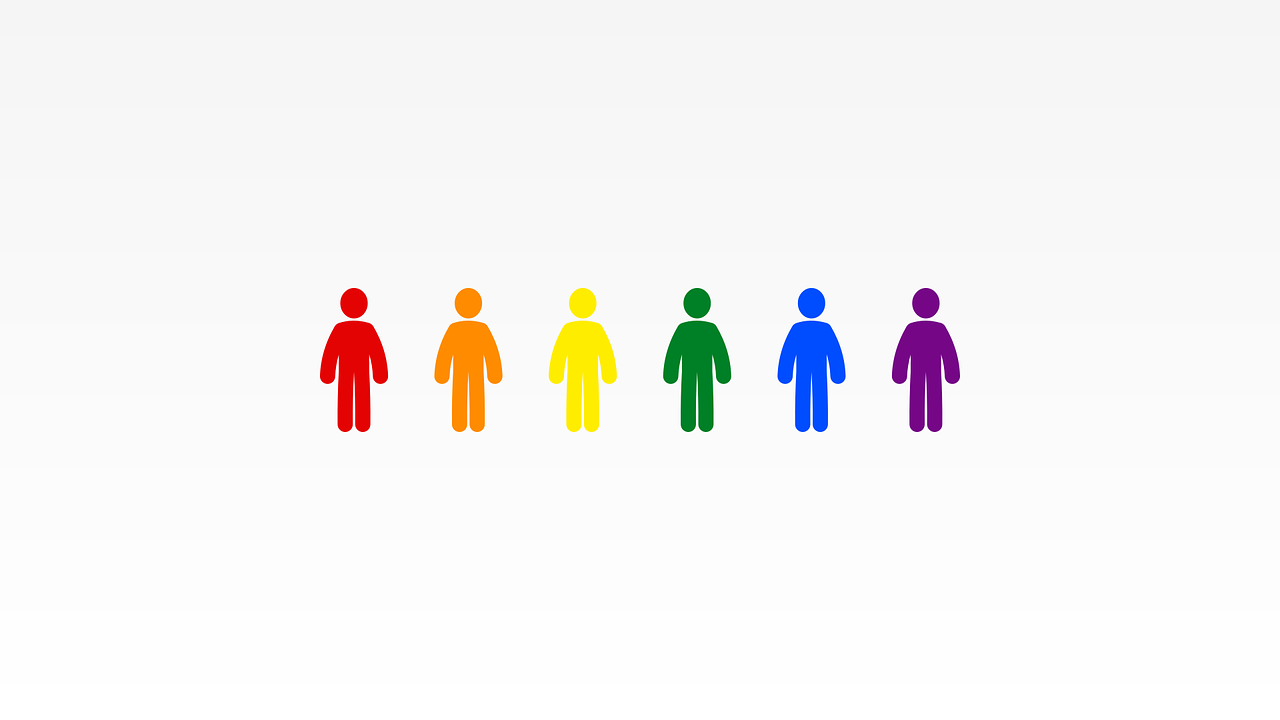Celebrating Diversity in Self-Publishing: Authors Making Waves
There's a great deal more diversity in self-publishing than in the traditional route. Celebrating self-published authors making waves in marginalized communities is important. Let's talk about diverse voices in publishing.
Why There's More Diversity in Self-Publishing Than Traditional Publishing
Traditional publishing is a very competitive landscape. Publishers and literary agents get more people coming to them than they can actually accommodate. A publisher can only take on so many clients. In an ideal world, they would make decisions purely based on the merit of individual works.
However, in reality, publishers and literary agents don't look at it this way. From a publisher's point of view, they want to know that they are going to get a return on their investment. Books are a business for them. While authors often view their work as art and a form of expression, the publisher is just looking at whether or not the book will make money and appeal to a target market.
So, what does this have to do with diversity? Well, publishers are like a safe bet, which is why we see the same types of stories shared over and over. When a new work of fiction comes out through a publisher, it will likely follow the tropes of the genre it is a part of. This is because the publisher knows it's a safe bet. Publishers rarely want to take a risk with the type of book they publish, and the same goes for the type of author they publish from. There's been a lot of researchdone around the number of books that are published through traditional publishers, and it largely indicates that most of the authors represented are cisgender white people, and the same can be said for people at the top of publishing companies.

The Challenges of Diverse Voices in Traditional Publishing
Diverse voices in publishing, particularly people of color and LGBTQ+ people are underrepresented because there are not a lot of people from these demographics high up in publishing companies. This means the publishers often don't view these books as marketable. Because the people in the publishing company don't see the books as relatable to themselves, they are concerned they will not sell.
There is a fear of going too far into a niche topic in publishing because, on the business side of things, the publisher worries they will not reach a target audience. So, we often see the same authors making waves through traditional publishing. Unfortunately, in the traditional route of publishing, diversity is often limited to boxticking, which is to say publishers will publish work by a certain number of authors from marginalized demographics and promote it to a certain extent to meet a quota. So, publishing marginalized voices is often treated as a chore and a risk.
Publishers also think about the target audience. Marginalized groups are not regularly considered when businesses are thinking about the target audiences they want to appeal to. This further marginalizes those demographics and makes it more of a challenge for diverse voices to get published because they are undervalued.
In terms of self-publishing, on the other hand, we see significantly more diversity.
Celebrating Self-Published Authors: Using Their Voice
When it comes to diverse voices in publishing, the self-publishing route is more fruitful than the traditional one. There was a time when traditional publishing was the only way forward, but now, in the digital age, self-publishing services allow more authors to have access to publishing services. This includes authors from marginalized backgrounds.
There is diversity in self-publishing because this route of getting your book out there is much more open. There is no board of higher-ups to turn down your book; really, all you need to do is avail yourself of a self-publishing service. And anybody can do that, provided they have the funds. So, there are fewer obstacles for non-white or LGBTQ+ authors making waves in the literary world.

Why Diverse Authors Making Waves Is Significant
But why should we be celebrating self-published authors from diverse backgrounds? What is so important about diverse voices in publishing?
Crucially, hearing from marginalized voices exposes us to new points of view that we weren't familiar with. We have no way of understanding what it's like to live as a different kind of person (someone who has a different skin color or someone who is of a different sexuality) without hearing their voice. We all have blind spots and prejudices that we develop from growing up in the society we live in. We receive messages about what is normal from the media and people around us, and oftentimes, we do not question our idea of normal. Diversity in self-publishing provides us with material to challenge the biases we have developed and see things from a different point of view. At the end of the day, we have to share our planet with an array of different kinds of people, and it's important that we try to understand each other.
Diverse authors making waves in the literary scene is significant, too, because we get to hear authentic stories. It's one thing to have someone who fits into the power dynamic in society write a story that includes someone from a marginalized community, but really, we need to hear stories of what it's like to be from a marginalized group from the people in that group. When we get to hear diverse voices directly, we are hearing their reality. We are hearing and learning about the way their lives are described in their own words.
Self-publishing has led to a growth in the number of authors from the LGBTQ+ community, authors who are non-white, and authors from indigenous communities. For example, in New Zealand, the Māori people (the indigenous people of that land) have become increasingly represented in New Zealand literature despite originally not having a written language. This is significant because it means that their voice is heard and their culture is not forgotten.

Embracing Diverse Voices in Publishing
Diversity in self-publishing means there is more access to literature written from the point of view of marginalized people. Previously, unrepresented authors making waves have allowed us to hear things from a different point of view. Here are some ways you can ensure you are embracing diversity in your literary life:
- We've talked about celebrating self-published authors from marginalized backgrounds, but don't just do so from afar. When you put together your reading list, seek out self-published works from authors from backgrounds different from yours.
- If you are an author, think about how you are including diverse characters in your work. Look for feedback from people from the same demographics as the diverse characters you are including to ensure you are providing a fair and true representation.
- Word of mouth is powerful. If you stumble upon a work you like, tell your friends who love to read!
- Diverse voices in publishing mean diverse mindsets and opinions. When you are reading a book from the point of view of someone from a different background, you may read things that seem strange to you and conflict with your beliefs. If something you read makes you uncomfortable, ask yourself why. Part of learning and growing as a person is challenging beliefs that you take for granted, and reading from the point of view of diverse authors helps you do this.

Final Words
Diversity in self-publishing is strong because there aren't the same barriers against marginalized authors making waves as there are in traditional publishing. We should celebrate self-published authors from marginalized backgrounds and embrace diverse voices in publishing.










